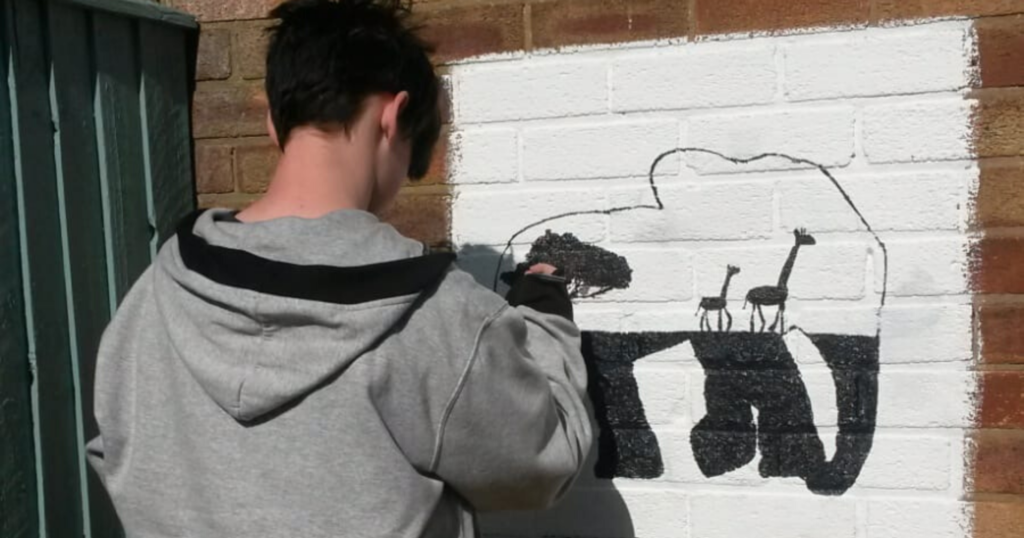Being a foster carer is rewarding, but it can also be a very demanding role, which is why even the most experienced foster carers need a strong support network around them to guide them through their foster care journey.
Support networks are vital for anyone looking after children. They can offer a wealth of practical guidance, providing foster carers with insights, advice, and resources. As you provide support for young people, it is important that you create a support network for yourself, giving you the chance to talk to others about concerns or issues, gain advice or even just someone to go out with when you need a break.
The responsibility of caring for vulnerable children requires dedication and empathy. In this incredible undertaking, foster carers often face unique emotional and practical hurdles. Recognizing the importance of support and friendships is crucial, as they provide a lifeline of understanding, guidance, and encouragement.
All foster carers should have a support group which comprises of:
Social Worker: As an approved foster carer you will have a supervising social worker who will be right by your side throughout your fostering journey. They will be there to offer practical and emotional support, advice and a listening ear.
Your supervising social worker will ensure that you have access to other professional support as needed along with information and advice, to assist you to provide consistent, high quality care for any child or young person placed in your home. This includes assistance with dealing with relevant services, such as health and education.
They will visit you and your family regularly to build effective working relationships, offer formal supervision and will also spend time with any children living within your family to get to know them too.
Your supervising social worker will support your development and help identify any training needs you might have.
There is an effective out of hours advice and support service for foster carers and someone from the fostering team will be at the end of the phone providing emotional support 24/7, 365 days per year.
Friends and Family – will be vital to provide practical support, advice or even just be there for you to have a chat with. Everyone looking after children needs someone who can help when the unpredictable happens. For example, you might need to call upon someone for support if you have to go to the doctor or if you need someone to collect your children from school because the car has broken down.
It is important that you have someone you can reach out to for emotional or practical help. It will also be beneficial to identify people within your support system who can be backup carers when you may need a night off. Support care may also include overnight stays with friends or family members known to the child. Having an understanding from others can often help more than you think.
Other foster carers – other foster carers can become a great source of support. We hold foster carer support groups for carers to come together, chat, have some tea and cake, share their experiences and get to know each other. Through these support groups, foster carers can build lasting friendships, gain practical insights and receive support, ultimately fostering resilience and strengthening their ability to provide a nurturing and stable environment for the children in their care.
This support can provide foster carers space to express their feelings, process challenging situations, and find comfort in the knowledge that others have experienced similar issues. Spending time with people who are in similar situations can often help give a sense of belonging.
Foster carers may need regular breaks to support them in their role, and often it is these breaks which help maintain placements when they are particularly demanding. Short breaks can prove helpful in supporting fostering families that care for children with a range of needs. It affords them the opportunity both to recharge their batteries and to spend quality time with their birth family. It might be that another foster carer could become a regular respite carer to provide this
Training – we offer regular face-to-face training courses, as well a wide selection of online training courses that foster carers have the opportunity to take part in. We work closely with our foster carers to identify any possible training that could benefit them in their role.
We can also offer training to your support network, so that they can best support you from a position of understanding the needs of children looked after and the parenting they require.
As a foster carer for Caritas Care, you will also have access to our Therapeutic Intervention Service, a Trauma Therapist and Education Consultant. They are not only there to support you but the children living with you too.
Informal and formal support arrangements are discussed as part of the planning process so that everyone is clear about their role and responsibilities to ensure that a child’s needs are appropriately met as well as the support needs of the foster carer.
Having a support network of people who can offer emotional support, a listening ear, empathy, and encouragement is invaluable for foster carers.







